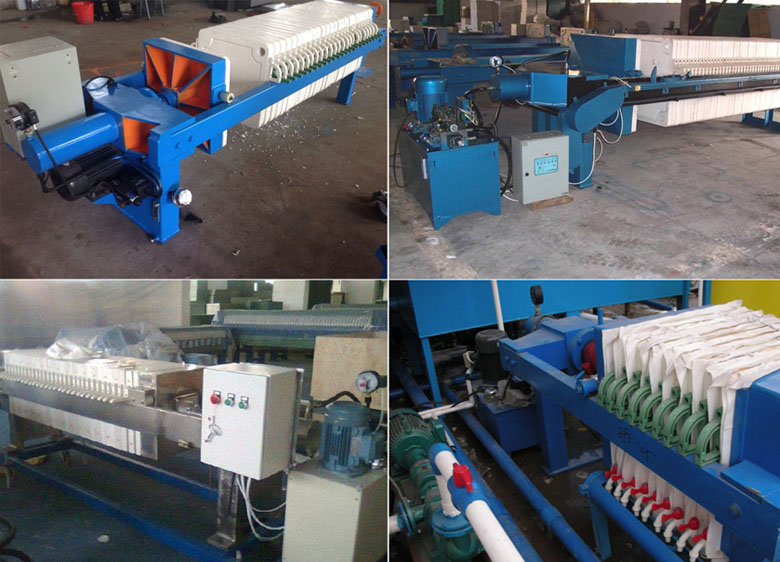Edible Oil Refining, Mechanical Method
Edible oil refining is a process that involves removing impurities and unwanted substances from crude vegetable oils to make them suitable for consumption. The refining process can be categorized into three types, namely, mechanical refining, chemical refining, and physical refining.
Next, we will focus on mechanical refining, its principles, and methods.
Mechanical refining involves the use of sedimentation, filtration, or centrifugal separation to remove solid particles and plastic soluble substances suspended in oil. The method is characterized by simple equipment and easy operation.
1, Sedimentation:
Sedimentation is a mechanical refining method that achieves a natural separation of oil and impurities with the help of gravity. The process involves pouring the oil into equipment such as oil pool, oil groove, oil tank, oil box, oil drum, and other containers and allowing it to stand at a temperature of 20-30°C to achieve natural sedimentation. The impurities are separated from the oil due to their different specific gravity. However, since most impurities are in smaller particles and have similar specific gravity as oil, the natural sedimentation of impurities is quite slow.
Increasing the temperature of the oil can accelerate the sedimentation rate of some impurities. However, increasing the temperature can also lead to an increase in the solubility of impurities like phospholipids in the oil, making separation incomplete. Therefore, the temperature should be controlled properly.
Sedimentation method is suitable for small oil mill or individuals due to its simplicity. However, it takes too long to complete (sometimes more than 10 days), and the oil produced may not be of high quality. Since water, phospholipids, and other colloidal impurities can be completely removed, the oil is easy to produce oxidation, hydrolysis, and enhances acid value, affecting the quality of the oil. Moreover, it cannot meet the demand of mass production.
2, Filter:
Filtering is another mechanical refining method that involves filtering the unrefined oil with the medium (filter cloth) with pores under certain pressure (or vacuum) and temperature to make impurities remain on the medium and pure oil passed through. The method is suitable for large-scale oil companies since it is faster and produces high-quality oil. The filtering equipment includes chamber filter press, frame filter, vibration filter, and horizontal leaf filter.

3, Centrifugal separation:
Centrifugal separation is another mechanical refining method that uses centrifugal force to separate suspended impurities. The main equipment used in centrifugal separation is a centrifugal filter. The method is suitable for large-scale oil companies since it is faster and produces high-quality oil.
The edible oil industry has proven to be a highly profitable venture, offering low risk and a good return on investment. However, achieving success in this industry requires a significant amount of work and expertise. As a leading manufacturer and supplier of edible oil refinery equipment, we offer comprehensive services including design, installation, commissioning, and automation of vegetable oil refining plants for various crude vegetable oils. With a wealth of experience and a well-deserved reputation for excellence, we have completed hundreds of successful projects worldwide. In fact, we have over 125+ edible oil refinery installations globally. Trust in our expertise to help you achieve success in the profitable edible oil industry.

